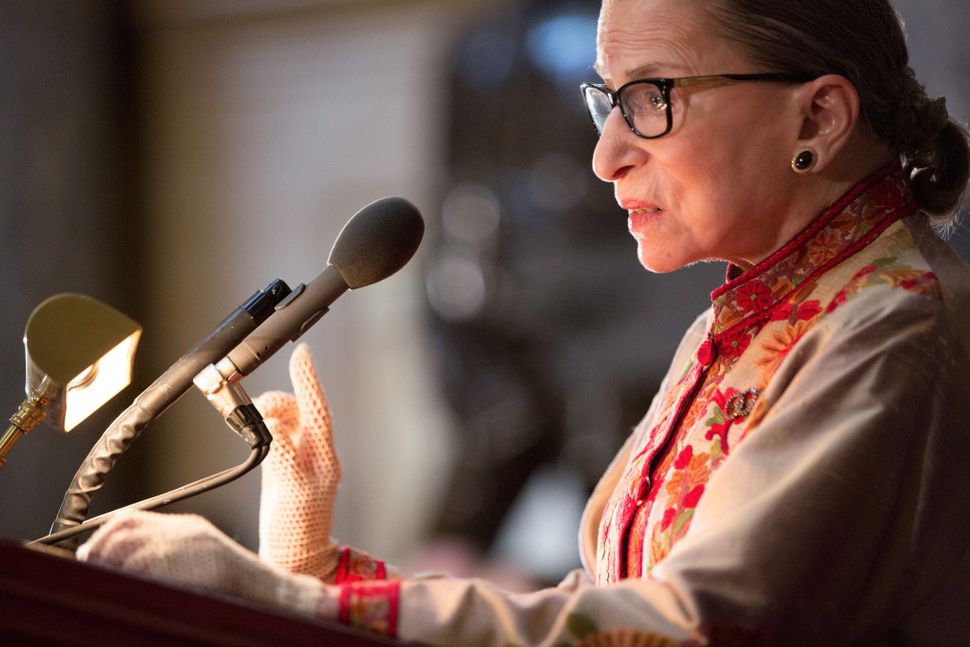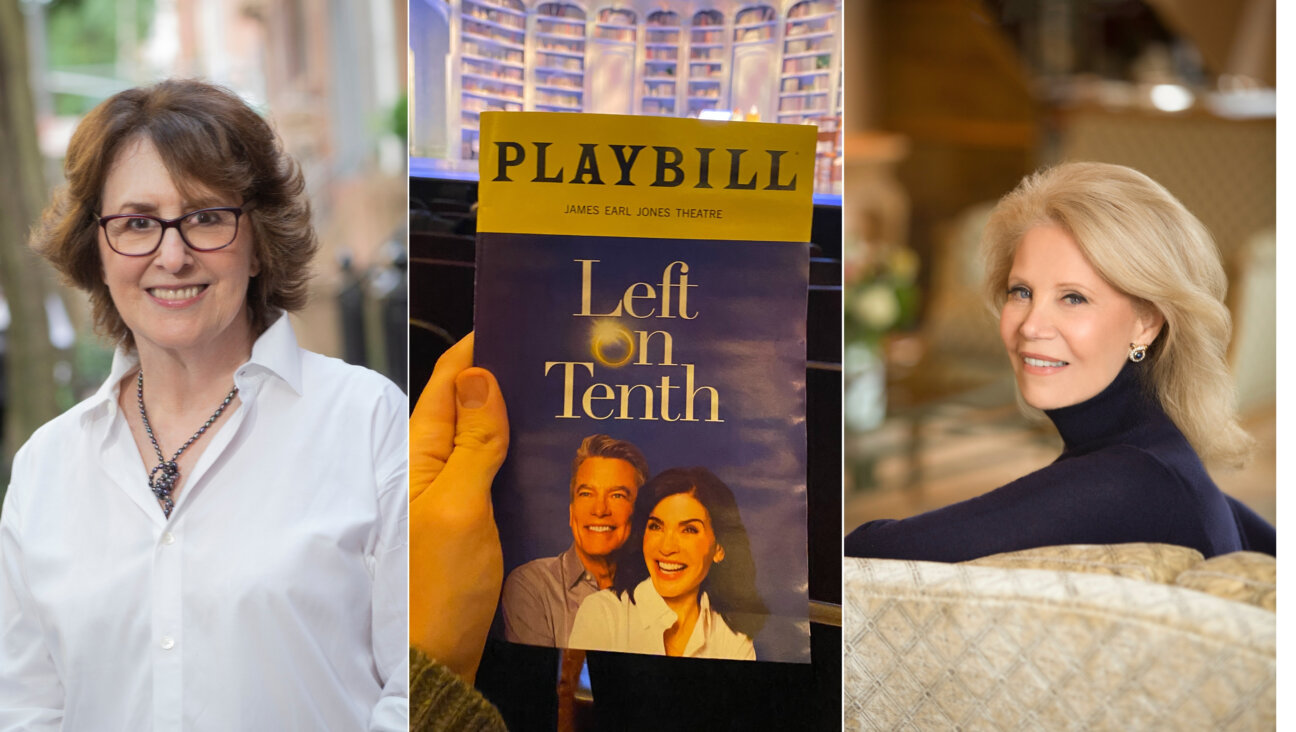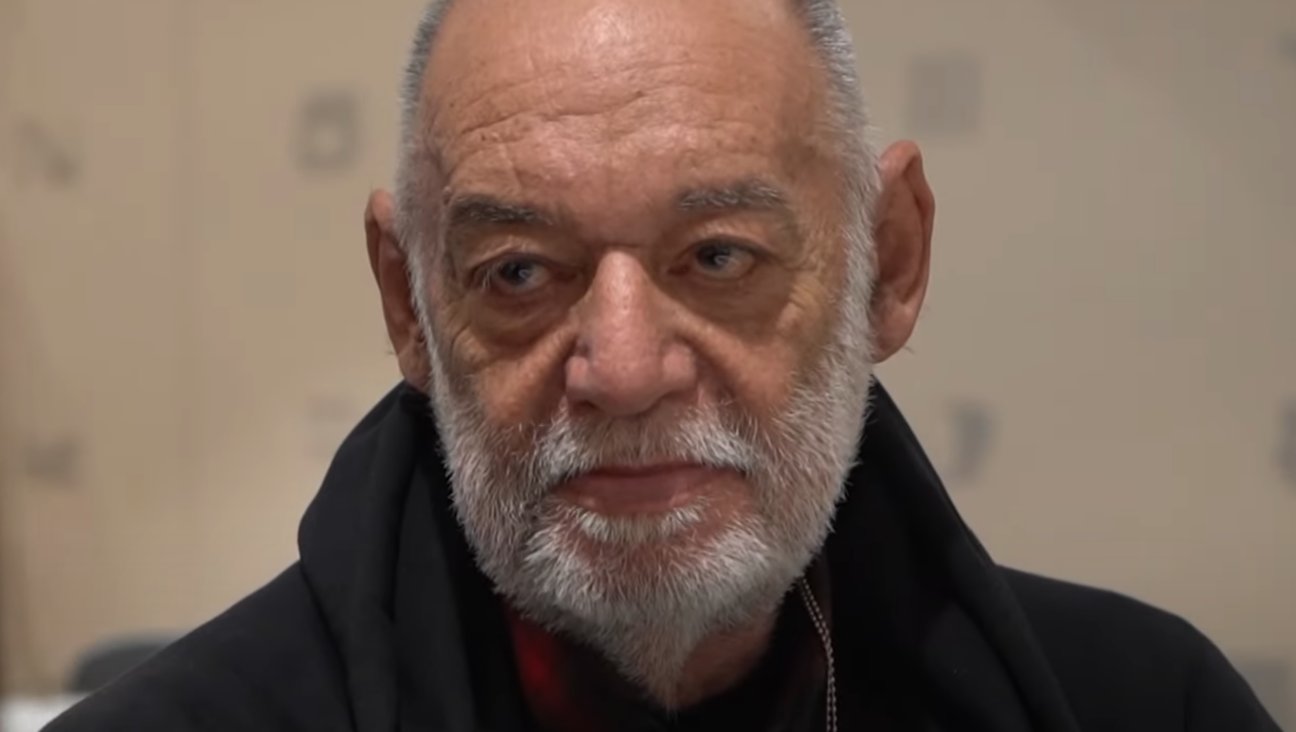Ruth Bader Ginsburg’s Anti-Trump Comments Spark Backlash

Ruth Bader Ginsburg Image by Getty Images
President Obama has, in his last months in office, been making a habit of the mic drop. (See his speech at the White House Correspondents’ Dinner and his recent Jimmy Fallon-aided slow jamming of the news.) Based on a recent New York Times interview, it seems Justice Ruth Bader Ginsburg is impressed by his style.
“I can’t imagine what this place would be – I can’t imagine what the country would be – with Donald Trump as our president,” the justice told the Times’s Adam Liptak, in a piece that appeared July 10th. “For the country, it could be four years. For the court, it could be – I don’t even want to contemplate that.” If Trump is elected, she added, it might be time to consider a move to New Zealand.
As with most mic drops, once the artist goes silent, the crowd goes wild. It’s rare for a Supreme Court justice to speak out about politics – such action is, in fact, usually considered taboo – and Ginsburg has faced both outrage and some mocking editorializing in the wake of the interview. The latter category included Bloomberg’s editorial board, which critiqued Ginsburg for jeopardizing the people’s trust in the court. “The public expects justices to decide cases on the legal merits,” they wrote. “The more people see the court as arm of a political party, the more likely they are to resist or ignore its decisions.”
Critics also included The New York Post’s Seth Lipsky, founder of both the Forward’s English-language edition and now-shuttered conservative daily New York Sun, who took a less equivocal stand. “Imagine if one of the conservative justices had said such a thing about the prospect of, say, a President Hillary Clinton,” he wrote. “There’d be a cacophony of calls for impeachment.” Of the New Zealand comment, he wrote, “it would be a good place for her.”
While useful thoughts generally tend not to follow a disparaging delivery of those particular words, the critics have a point: the judicial branch functions at its finest when its justices attempt to act with political neutrality. It’s worth noting, however, that in a year when the Senate is holding up Merrick Garland’s nomination in the equivalent of a political temper tantrum, the ordinary rulebook when it comes to keeping the judiciary separate from politics might have already hit the floor.
As to Ginsburg’s target? In a telephone interview with the Times, the presumptive Republican presidential nominee advocated judicial neutrality. “I think it’s highly inappropriate that a United States Supreme Court judge gets involved in a political campaign, frankly,” Trump said, quoted in a July 12th piece by Maggie Haberman. “I think it’s a disgrace to the court and I think she should apologize to the court.”
So will it be the ordinary Ginsburg adulation that conquers, or the voices asking her to keep her opinions to the bench? Only time will tell. In the meantime: RBG out.
Talya Zax is the Forward’s summer culture fellow. Contact her at [email protected] or on Twitter, @TalyaZax
A message from our Publisher & CEO Rachel Fishman Feddersen

I hope you appreciated this article. Before you go, I’d like to ask you to please support the Forward’s award-winning, nonprofit journalism so that we can be prepared for whatever news 2025 brings.
At a time when other newsrooms are closing or cutting back, the Forward has removed its paywall and invested additional resources to report on the ground from Israel and around the U.S. on the impact of the war, rising antisemitism and polarized discourse.
Readers like you make it all possible. Support our work by becoming a Forward Member and connect with our journalism and your community.
— Rachel Fishman Feddersen, Publisher and CEO
























